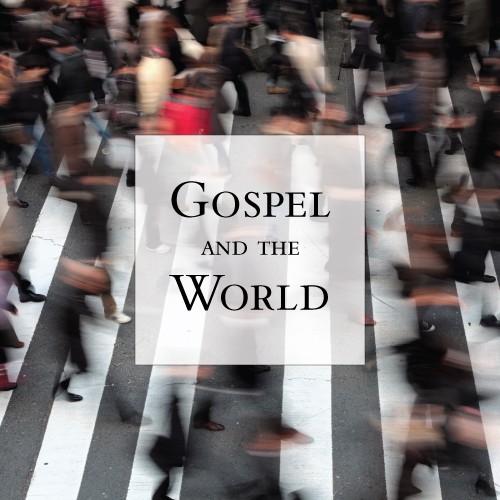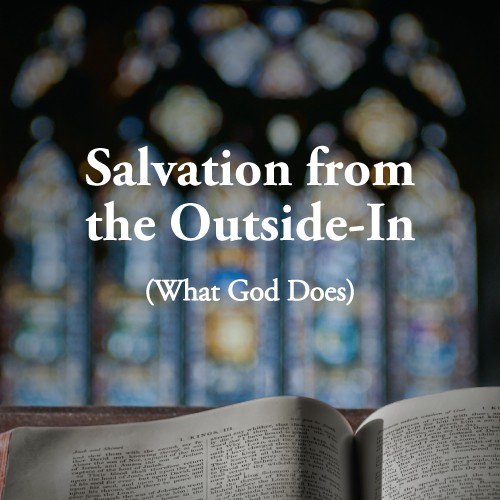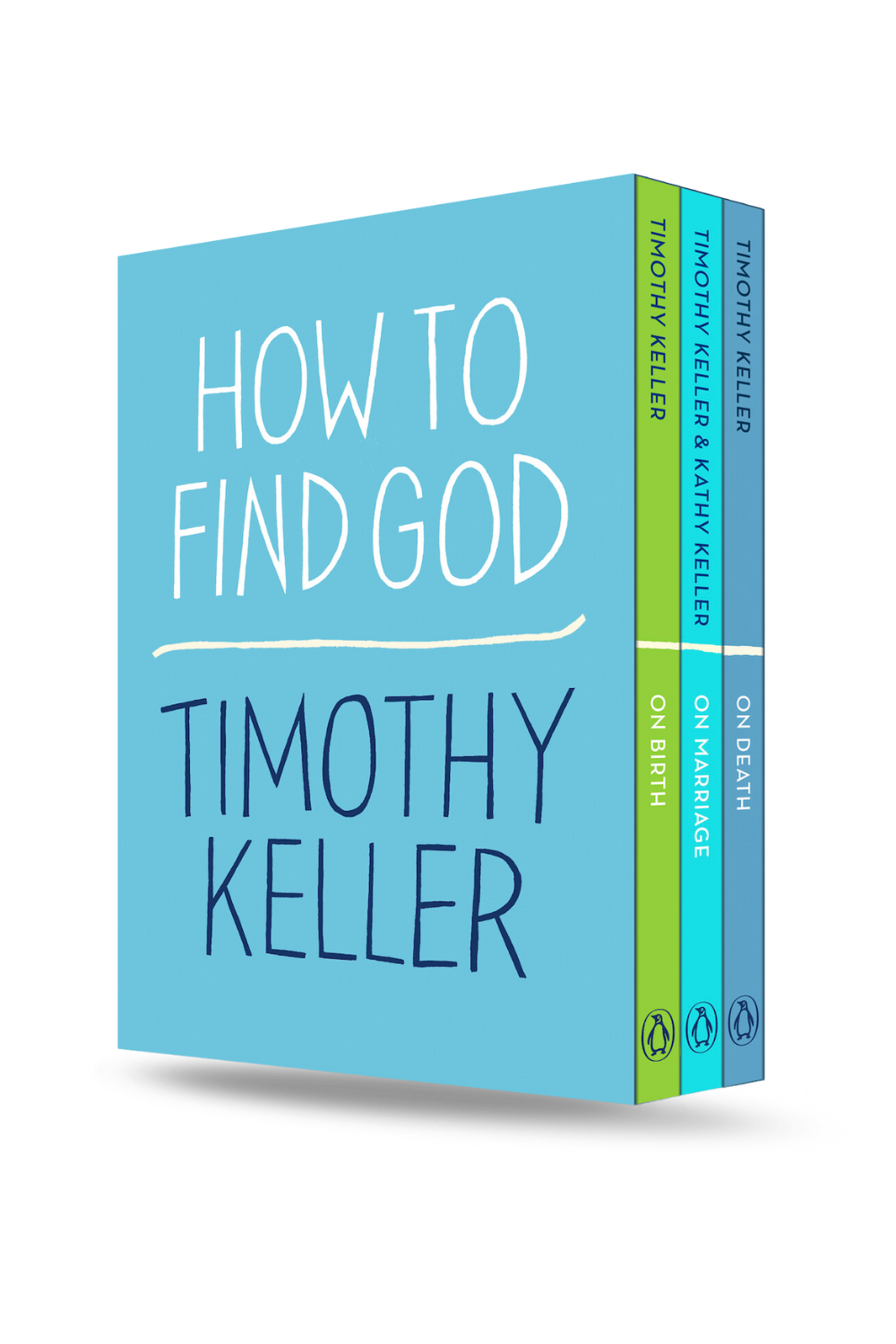Devotional
Lent Day 07: The Prayer
1 Samuel 2:1-10 (ESV)
And Hannah prayed and said,
“My heart exults in the Lord;
my horn is exalted in the Lord.
My mouth derides my enemies,
because I rejoice in your salvation.
There is none holy like the Lord:
for there is none besides you;
there is no rock like our God.
Talk no more so very proudly,
let not arrogance come from your mouth;
for the Lord is a God of knowledge,
and by him actions are weighed.
The bows of the mighty are broken,
but the feeble bind on strength.
Those who were full have hired themselves out for bread,
but those who were hungry have ceased to hunger.
The barren has borne seven,
but she who has many children is forlorn.
The Lord kills and brings to life;
he brings down to Sheol and raises up.
The Lord makes poor and makes rich;
he brings low and he exalts.
He raises up the poor from the dust;
he lifts the needy from the ash heap
to make them sit with princes
and inherit a seat of honor.
For the pillars of the earth are the Lord’s,
and on them he has set the world.
He will guard the feet of his faithful ones,
but the wicked shall be cut off in darkness,
for not by might shall a man prevail.
The adversaries of the Lord shall be broken to pieces;
against them he will thunder in heaven.
The Lord will judge the ends of the earth;
he will give strength to his king
and exalt the horn of his anointed.”
Within these ten verses there are two stories. The first is Hannah’s, a barren woman who desired to have a child and a life with meaning and who was rescued from herself by God’s mercy. The second is a story of the people of God traveling each year to “worship and sacrifice to the Lord at Shiloh.” These two narratives intertwine in 1 Samuel 1 and in the midst of the two accounts we see what is known as “Hannah’s prayer.”
One condition of a man or woman that demonstrates a broken world (particularly in ancient cultures) was that of being “barren”. The pressures to produce an heir and insure an inheritance in Israel were so tremendous that “barrenness” might describe not only the physical but also the spiritual and social condition of someone’s affliction. After years of this, Hannah recognized that her grief had become sin and her mourning had become an “affliction” (1 Samuel 1:11), so at Shiloh she sacrificed that which enslaved her to the Lord. Upon repenting, she vowed that if she were ever to have a child, she would dedicate him to the Lord — rather than using her child as proof of her worth to those who had been judging her. She soon conceived and later returned with her son, who she gave as an apprentice to Eli the priest. This boy was Samuel, the first of the great Old Testament prophets.
If any parent thought their child was precious, it was Hannah. Still, she must have known her role in his life was a temporary one. When we see Hannah “exult in the Lord” from her heart, and “find strength” in him (v. 1), she is being restored by the one thing permanent and true in the world (v. 2). Hannah understood then that behind every condition, physical or spiritual, the Lord’s creative power is at work, and not hers. (vv. 6-8). She rejoiced in that knowledge and was liberated.
Prayer
Heavenly Father, though we may not all desire the same things that Hannah desired, we too suffer from trying to make temporary and fleeting things in life permanent. Help us to recognize and repent of our sin and put our strength in the Rock, your son, Jesus Christ. In Christ’s Name, Amen.
If you would like to support the work of Gospel in Life, you can make a gift here.
April Book Offer
Discover God’s vision for you through life's key milestones: birth, marriage and death.
Tim Keller’s How to Find God set of three short books on birth, death, and marriage addresses these key milestones in your life and shows you how the Scripture teaches us to face each one with God’s help. They are books of pastoral care, designed for specific life situations you or someone you know will go through.




